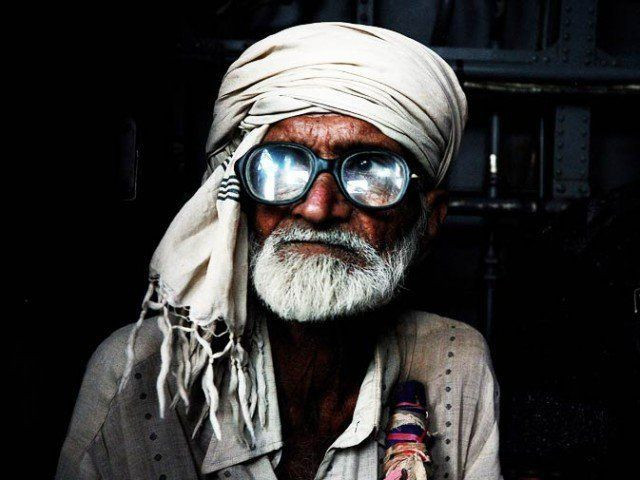Catering to the elderly
Projected doubling of population over the age of 65 underscores the need for a reevaluation of our healthcare system

The country’s percentage of people over the age of 65 is expected to double by 2025. PHOTO: AFP
A current overview of the infrastructure in place tells us we are not well-equipped to cater to a significant portion of the elderly population. Pakistan’s GDP spending of 0.42 per cent on healthcare between July 2014 and March 2015 is ghastly, though it seeks to improve upon this with the recently announced National Health Programme. According to the WHO report, there is a shift away from traditional Pakistani family values and culture, resulting in families that are less nuclear than before, which creates a requirement for geriatric nursing homes and home-based healthcare — an area that Pakistan severely lacks in right now. The demand for gerontologists and geriatric nurses will be higher and institutions that train future medical staff will need to incorporate a greater survey of gerontology in their curriculae. There is time to prepare for the doubling of Pakistan’s elderly population if health departments direct their attention towards the issue now.
Published in The Express Tribune, January 5th, 2016.
Like Opinion & Editorial on Facebook, follow @ETOpEd on Twitter to receive all updates on all our daily pieces.














COMMENTS
Comments are moderated and generally will be posted if they are on-topic and not abusive.
For more information, please see our Comments FAQ